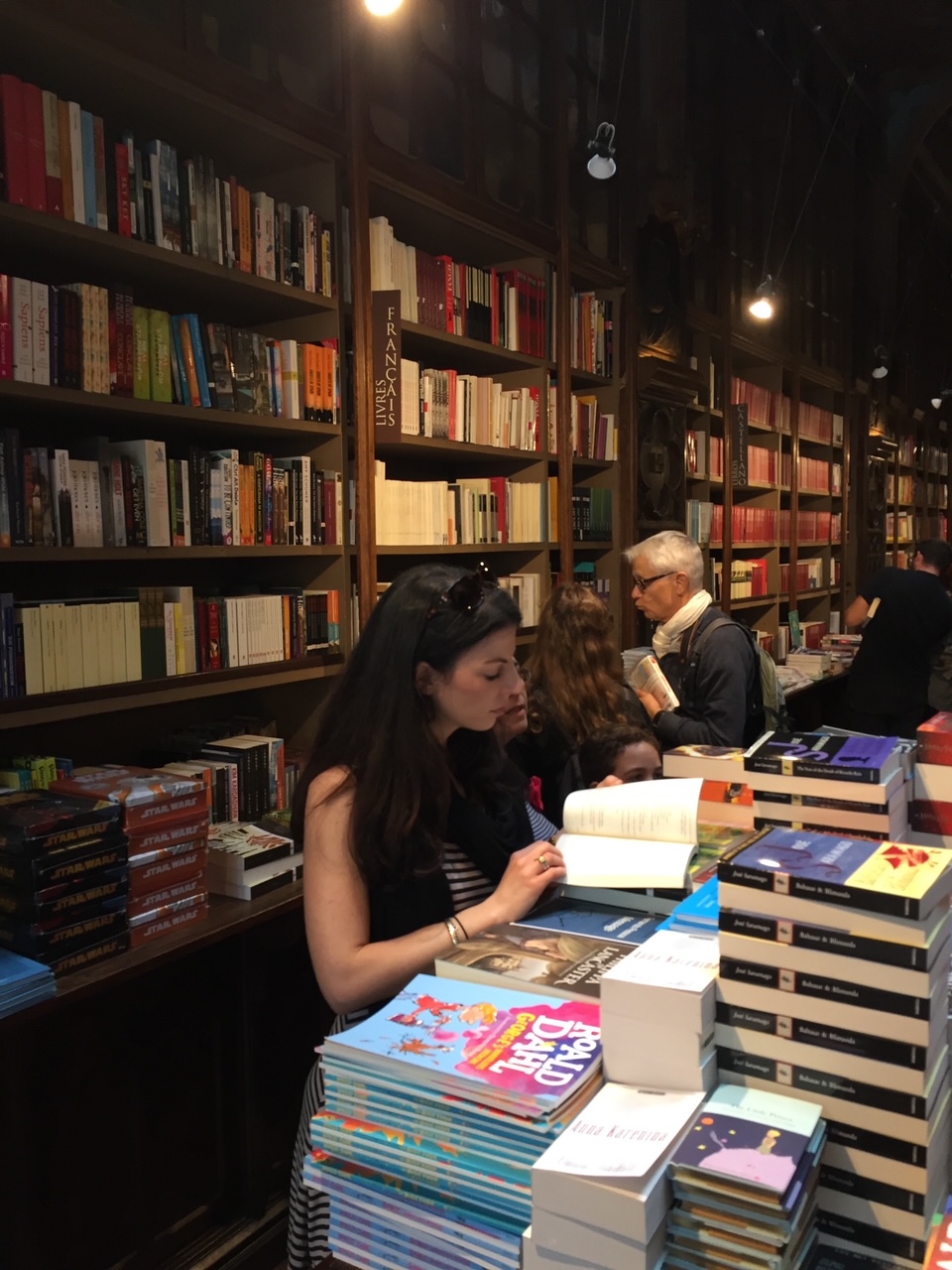We recently connected with Corie Rosen and have shared our conversation below.
Alright, Corie thanks for taking the time to share your stories and insights with us today. Can you tell us a story about a time you failed?
Failure is every artist’s cruelest friend. At least, it’s my cruelest buddy! A few years ago, I was invited to read at Lighthouse Writers Workshop, which if you aren’t familiar with it is absolutely THE literary place in Denver, if not in the entire Mountain West. I was reading with a group of writers who were all more accomplished than I was, and I just thrilled to be invited. At the end of the reading, the moderator asked each of us to discuss the rejections we’d received in the lead up to having our stories published. To a one, every reader said their story hadn’t been difficult to get into print. In my case, I’d actually had my story solicited by the magazine in which it appeared. The moderator’s question fell flat, and the discussion moved on, but I had wanted to stop everyone and say–shout really (something I could not without shamefully commandeering the entire panel discussion)–was that I’ve experienced more rejection than I care to mention, and that everyone I know who has had even modest success will tell you the same. My most fabulous failure was probably when I had a moment of bravery and sent a story to The New Yorker. After waiting some weeks, I received a thoughtful email back explaining what made it was a good story and also that The New Yorker wouldn’t accept it for publication. I was both elated and disheartened. That kind of personalized attention is rare from a magazine like The New Yorker, but I also felt cut down in the way that you do when your work isn’t finding its home. When I mentioned the email to my mentor, he told me he’d had to submit at least a dozen times to get a story accepted at the New Yorker. He went on to be fantastically famous and now The New Yorker runs profiles of him. I remember realizing that my disappointment was amateurish, that professionals have to learn how to accept risks, rejections, and also rewards.


Great, appreciate you sharing that with us. Before we ask you to share more of your insights, can you take a moment to introduce yourself and how you got to where you are today to our readers
I’m a fiction writer, poet, and writing teacher. I taught writing in law schools for ten years before publishing my first (very short) book of poems. Words for Things Left Unsaid, came out with Aldrich Press, an imprint of Kelsey Books, at the start of the pandemic and was nominated for the National Book Award.
What’s a lesson you had to unlearn and what’s the backstory?
For me, the biggest lessons are to be brave and get it done. When you are doing creative work that involves making something like a painting or a piece of writing, you don’t always have an opening night or an audition date that forces a deadline. Not having an end-date can be a luxury because it means some part of what you are doing is personal, private, at your discretion alone. At the same time it can hinder you, because your work can always be just a little clearer, stronger, better. But at some point, you have to take the risks you need to take to get to a place where you feel okay saying the work is done. I’m always learning this lesson and also always failing to learn this lesson. I’m still working on the same short story collection that I’ve been working on forever, and I swear (swear!) it’s really almost done.


Any resources you can share with us that might be helpful to other creatives?
I wish I had known more about personality and how to recognize what is fixed in yourself and what is flexible, what is stable in the world and what can be changed. I spent a lot of time trying to push myself to work and live in ways that weren’t really a fit with my personality. Then I learned a huge amount from Jungian psychology, including ideas about personality differentiation and the role of archetypes in the subconscious. That helped me learn how to better honor my own tendencies as well as the mysterious differences in all of us. Someone very wise once told me that most of us walk around thinking everyone else is just a defective version of us. But the truth is that each of us is distinct, an entire world, a universe.
Contact Info:
- Website: www.corierosen.net
- Twitter: @corie_rosen
Image Credit:
Jeff Felder


